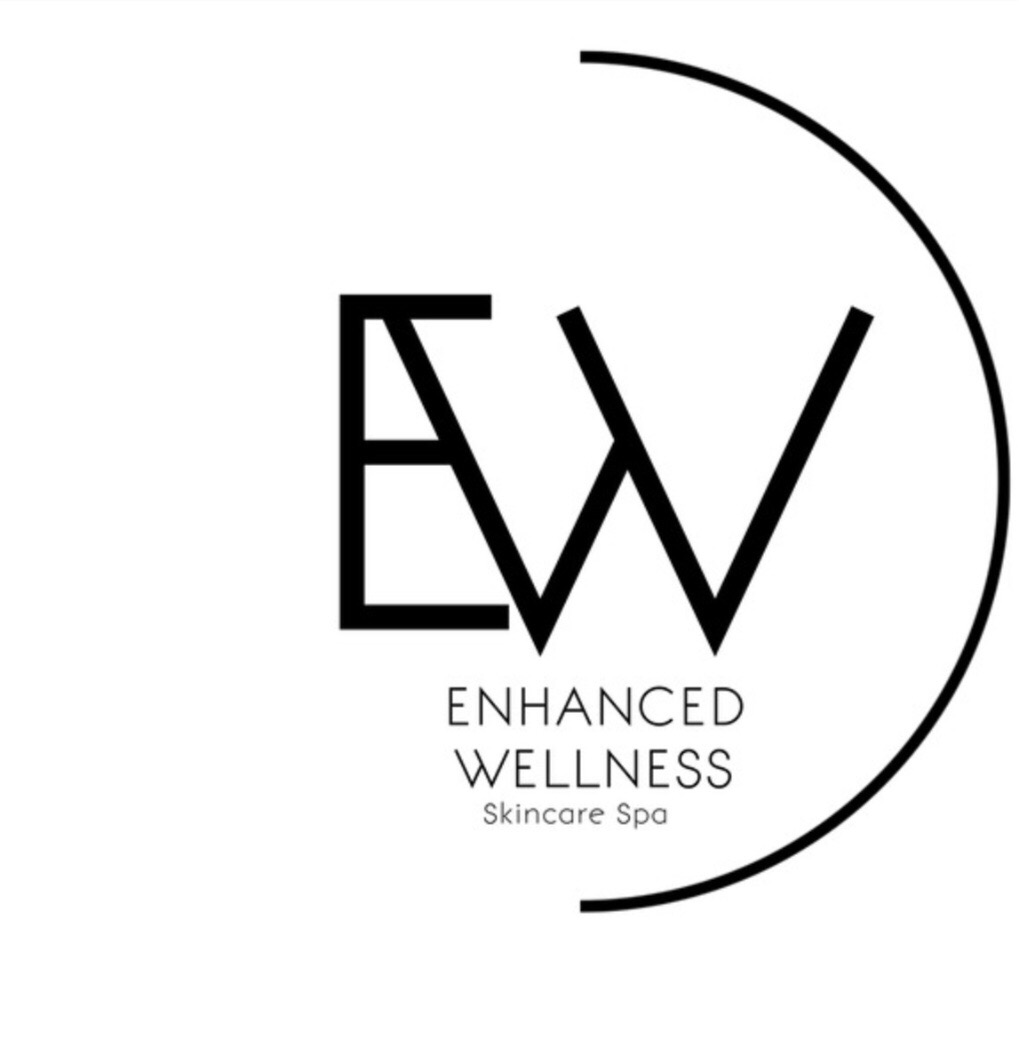The Surprising Link Between Hydration and Radiant Skin: What You Didn't Know
- Enhanced Wellness

- Feb 11
- 3 min read
When you think about radiant skin, your mind might jump to luxurious skincare products and complicated regimens. While these factors do play a significant role, one crucial element often overlooked is hydration. Many are surprised to learn just how vital water is for skin health. In this article, we will uncover how proper hydration impacts your skin, identify signs of dehydration, and share practical tips to keep your skin healthy and glowing.
The Science Behind Skin Hydration
Water is vital for all bodily functions, and its importance for skin health cannot be emphasized enough. Skin is the body's largest organ and relies on water to maintain its elasticity, softness, and overall appearance. Proper hydration makes skin appear plump and radiant, while dehydration can lead to dryness and premature aging.
The outer layer of skin, known as the stratum corneum, acts as a moisture barrier. When dehydrated, this barrier weakens, causing transepidermal water loss. Research shows that skin can lose up to 25% of moisture in dry conditions. This not only diminishes the skin's natural glow but also increases vulnerability to harmful elements like pollution and UV rays.
Signs That Your Skin Might Be Dehydrated
Recognizing dehydration is key to addressing it properly. Common signs include:
Dry or Rough Texture: Skin that feels rough or appears dull may be signaling a lack of hydration.
Tightness: A tight feeling after washing your face is a clear sign your skin is asking for moisture.
Increased Sensitivity: If your skin feels more reactive to products than usual, it could be dehydrated.
Fine Lines: While fine lines are normal, dehydration can make them more visible.
Flakiness: Noticeable dry patches are a strong indication that your skin needs attention.
By staying aware of these symptoms, you can take action before dehydration leads to more significant concerns.
How Hydration Affects Skin Health
Enhances Elasticity
Adequate hydration is essential for skin elasticity. For instance, research indicates that dehydrated skin can lose up to 30% of its elasticity. With enough water, your skin becomes resilient, helping it bounce back from stretching and appearing more youthful.
Supports Healing
Water is critical in the skin's healing processes. For conditions such as acne or sunburn, being well-hydrated can speed up recovery. Studies show that water consumption can reduce healing time by about 5 days in minor wounds.
Improves Complexion
Hydrated skin radiates health. Drinking enough water helps improve blood circulation, delivering nutrients to the skin and aiding in toxin elimination. A survey found that individuals drinking at least 2 liters of water daily reported a more vibrant complexion.
Prevents Premature Aging
Staying hydrated slows down signs of aging. Dehydration can make wrinkles and age spots appear sooner. Keeping your skin hydrated helps maintain a youthful look and can reduce the risk of developing fine lines by about 24%.
Hydration Tips for Healthy Skin
Drink Plenty of Water
Aim for at least 8 glasses (about 2 liters) of water daily. This amount can vary based on temperature, activity level, and personal needs. Remember, hydration begins from within!
Incorporate Hydrating Foods into Your Diet
Foods rich in water play an essential role in hydration. Include fruits such as watermelon (92% water), oranges (86% water), and strawberries (91% water), along with vegetables like cucumbers (96% water) and lettuce (95% water), in your meals.

Use Moisturizers Wisely
Choose skincare products that suit your skin type and focus on hydrating ingredients, such as hyaluronic acid and aloe vera. Applying moisturizer right after bathing can help lock in moisture effectively.
Adjust Your Skincare Routine Seasonally
In colder months, consider using thicker creams, while lighter gels or lotions may suffice in warmer weather.
Limit Caffeine and Alcohol
Caffeine and alcohol can dehydrate the skin. If you enjoy these beverages, balance them with additional water intake.
Consider Humidifiers
Using a humidifier in your home, especially during dry months, can improve air moisture, which benefits your skin.
The Key Takeaway
Understanding how hydration influences skin health can improve your skin’s appearance significantly. Staying hydrated not only enhances how your skin looks but also supports its overall function. By incorporating water intake, hydrating foods, and appropriate skincare products, you can achieve the skin of your dreams.
Embrace these hydration tips and watch your skin transform. Sometimes, the secret to beautiful skin is as simple as increasing your water intake.
Wrapping Up
Recognizing the vital connection between hydration and skin health is essential for everyone aiming for a glowing complexion. The benefits of staying hydrated extend far beyond just aesthetics. By caring for your body from the inside out, you can enhance the health and beauty of your skin.
Remember, self-care encompasses not only skincare products but also prioritizing hydration. So, the next time you reach for a glass of water, think of it as a vital booster for your skin’s health!



Comments